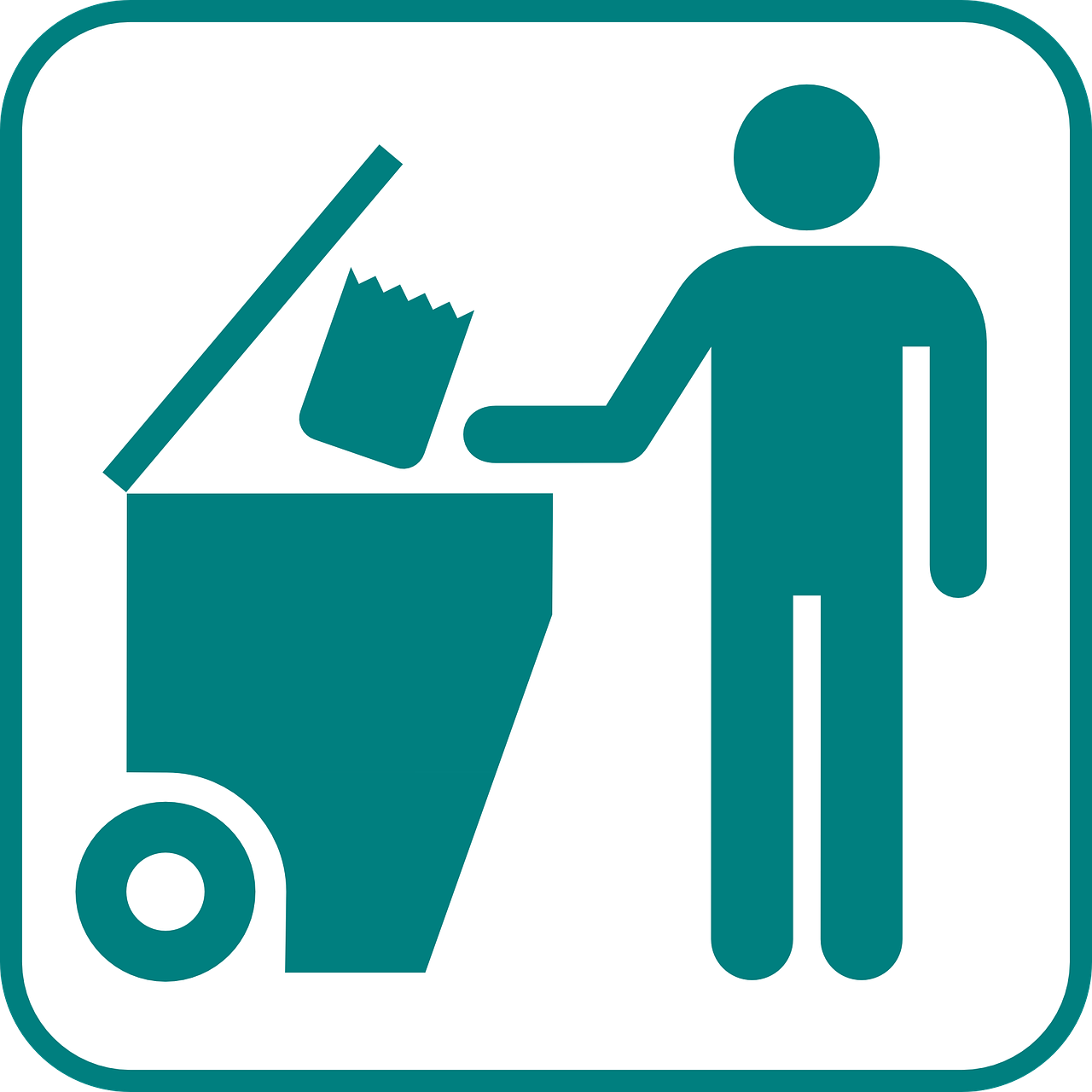Are you breaking confidentiality laws?
What happens to confidential waste while working from home?
With employees working from home because of the Covid-19 outbreak, how safe is the information they’re accessing and disposing of now it’s out of the office?
According to one specialist waste handling organisation, remote working means new headaches for companies and their data security.
UK waste collection agency BusinessWaste.co.uk knows that even during the crisis of a pandemic, confidential waste must be disposed of correctly in order to protect businesses and their customers from fraud or blackmail.
“Even if people are working from home, they need to be mindful that any waste they create needs to be destroyed in the same ways it would if they were in the office,” says BusinessWaste.co.uk company spokesperson Mark Hall. Companies could still be in line for massive fines if they get it wrong, Hall warns.
What counts as confidential waste?
Essentially, confidential waste refers to documents possessed by any company that can expose discrete information about suppliers, customers, or employees.
“Basically, if it details any information about the nature of your work or anyone associated, then it counts as confidential information which will need proper disposal,” says spokesman Mark Hall.
However, it can be very tricky to distinguish what counts as confidential waste, as many businesses work with different mediums of materials.
BusinessWaste.co.uk has compiled a list of different types of confidential waste, making it easier to understand which work-related items will need expert disposal.
- Personnel files and contracts – including CVs and application letters
- Financial records – such as order forms, invoices, bills and statements
- Health and social care records
- Criminal Records
- Business cards, ID badges, and security passes
- Letters, memos, and other items containing names and addresses.
- New business proposals and business plans
- Used notebooks
- Product samples or profiles
- Research data
- Diaries
- Photographs
“If you’re working from home, you need to be aware that any of these resources could contain confidential details which could be dangerous in the wrong hands,” says Hall.
“So please make sure you or your staff don’t throw this information into the household waste!”
What could happen if it’s not disposed of properly?
Failing to dispose of confidential waste can lead to a variety of outcomes, ranging from prosecutions under the law to identity theft and fraud.
“Your company could fall victim to industrial espionage, so it’s really important to make sure that private information cannot be leaked to rival companies through improper disposal,” says Hall.
Although it might be easier to just chuck all rubbish into your household waste bin, there are legal implications such as breaching the UK 1988 Data Protection Act, which regulates the collecting, storing, and destroying of confidential data.
Any companies that fail to oblige the act can face crippling fines from the UK data watchdog, the Information Commissioner’s Office.
“This is serious stuff that could ruin a company’s reputation and lose customers,” says Hall, “and if you’re the one discovered to be doing it, you could be fired.”
Confidential waste needs to be disposed of by a licensed waste removal company in order to comply with the latest laws and guidelines.
Actions you can take now
BusinessWaste.co.uk recommends that all members of staff be reminded about company policies regarding waste, and firmly told not to chuck any work materials into their household rubbish.
Mark Hall says that in an ideal world, sensitive information should not leave the office, so the best thing for businesses to do is to try to restrict what is essential and needs to be taken home.
Another suggestion from Hall is to make as many work tasks computer-based as possible, with sensitive files only accessible from a secure device approved by your company.
“The best thing you can do if you’re unsure is to keep all information secure and together at your home workspace, and when it is safe to do so, take it all back to work for proper disposal,” says Hall.
“If in doubt, don’t chuck it out.”
For further information see https://www.businesswaste.co.uk/confidential-waste/ and https://www.businesswaste.co.uk/waste-transfer-note-faqs/

